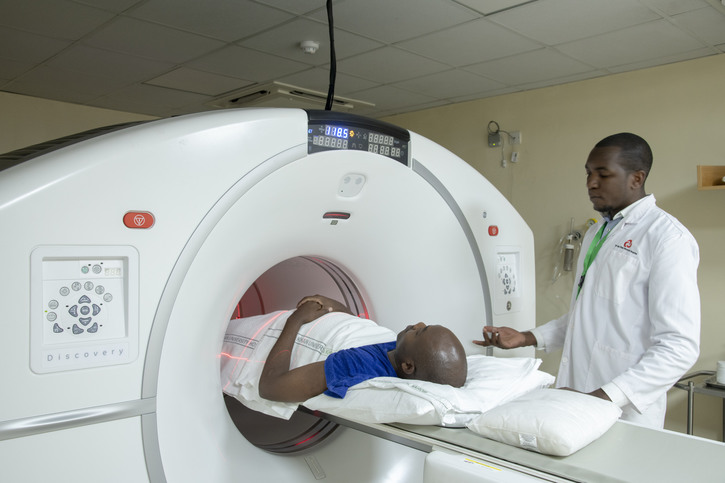×
The Standard e-Paper
Kenya’s Boldest Voice

Prostate cancer is the fourth deadly cancerous disease in Kenya that causes at least 1,663 deaths every year out of 2,864 cases recorded.
According to a report that was tabled in Parliament by National Cancer Institute of Kenya (NCI-K), Globocan 2018 estimates show that there are 47,887 new cases in Kenya daily and 32,987 deaths due to cancer annually.